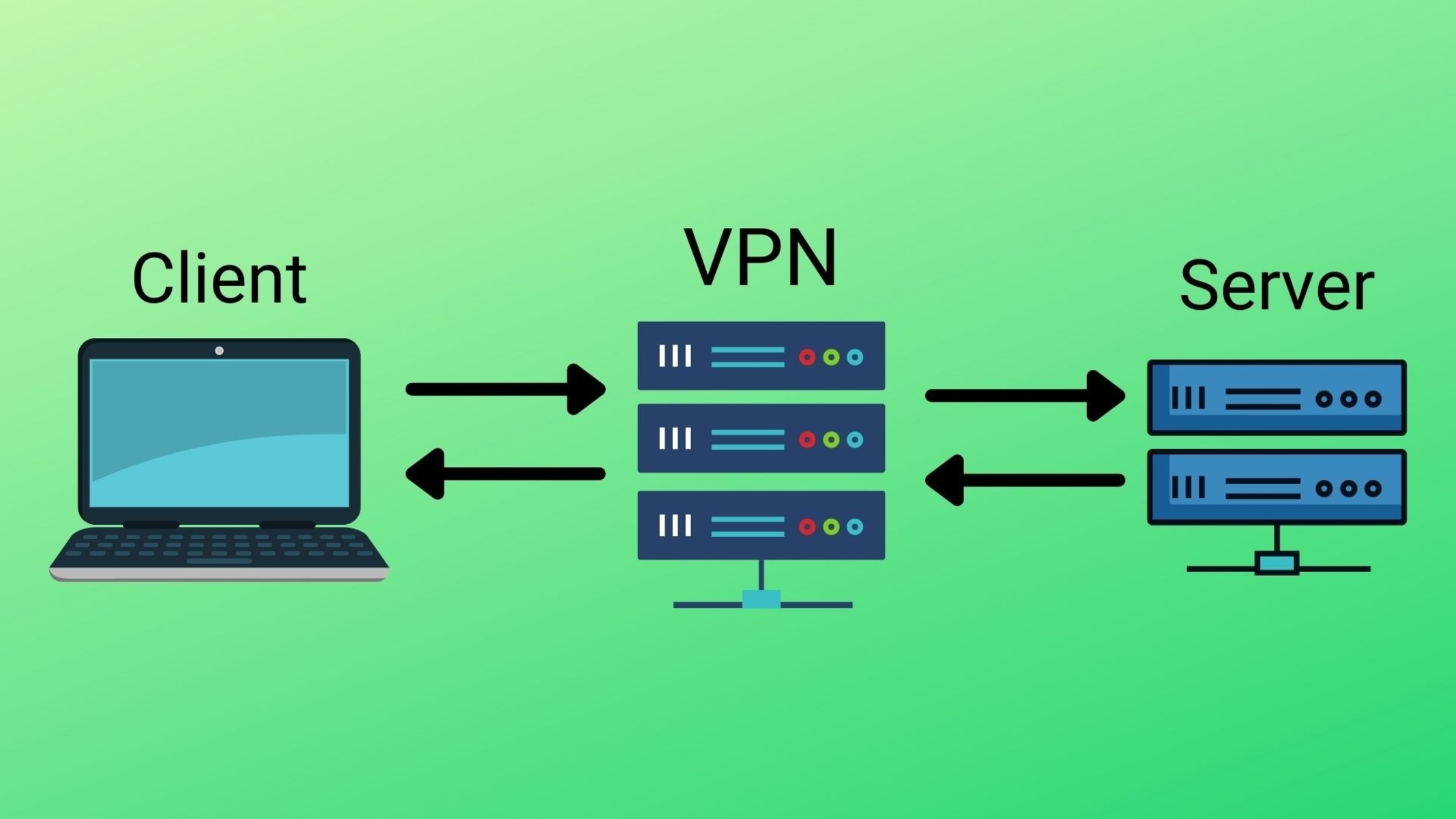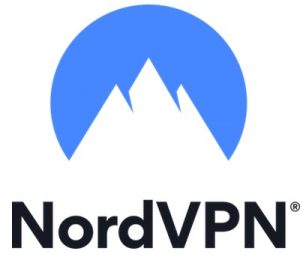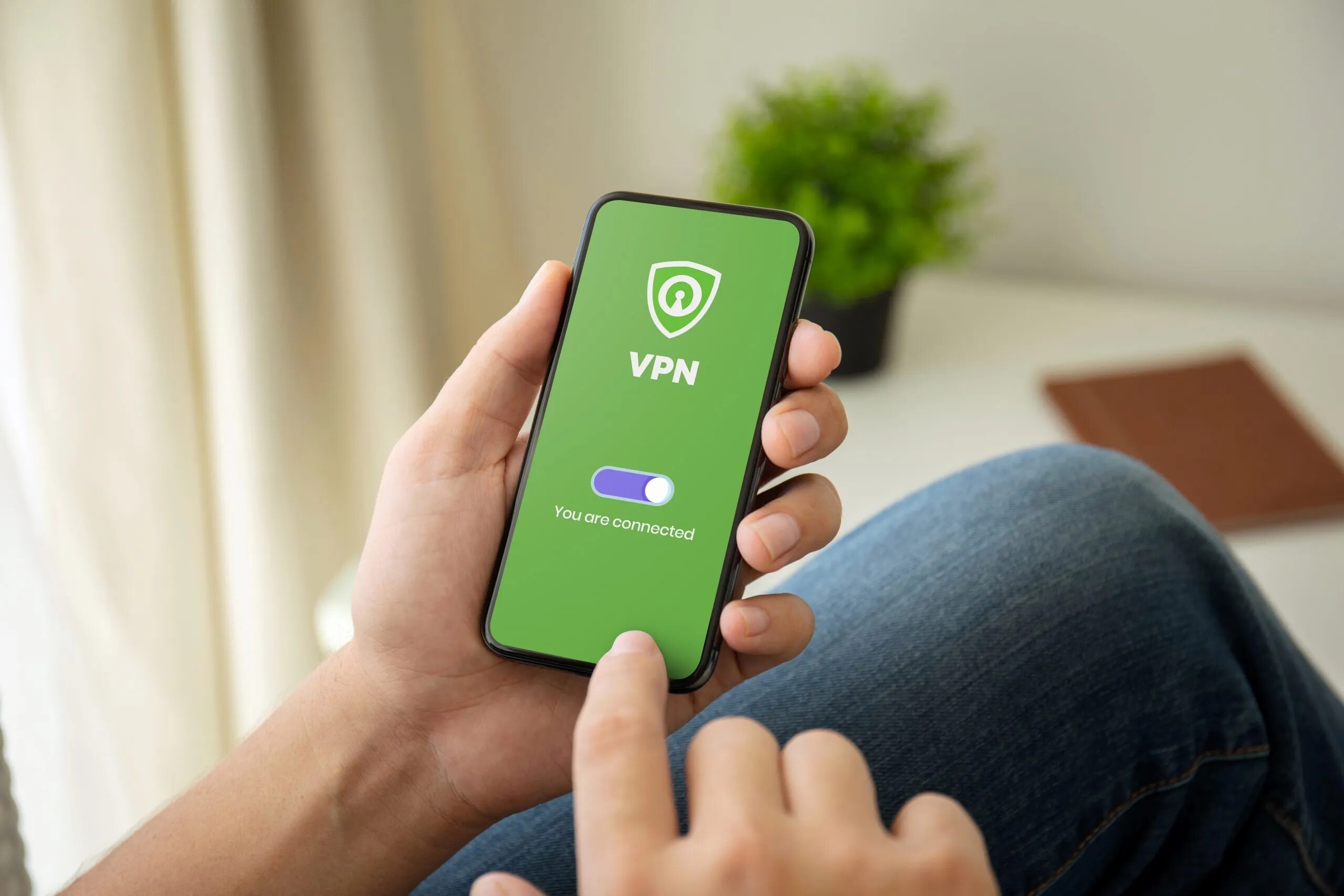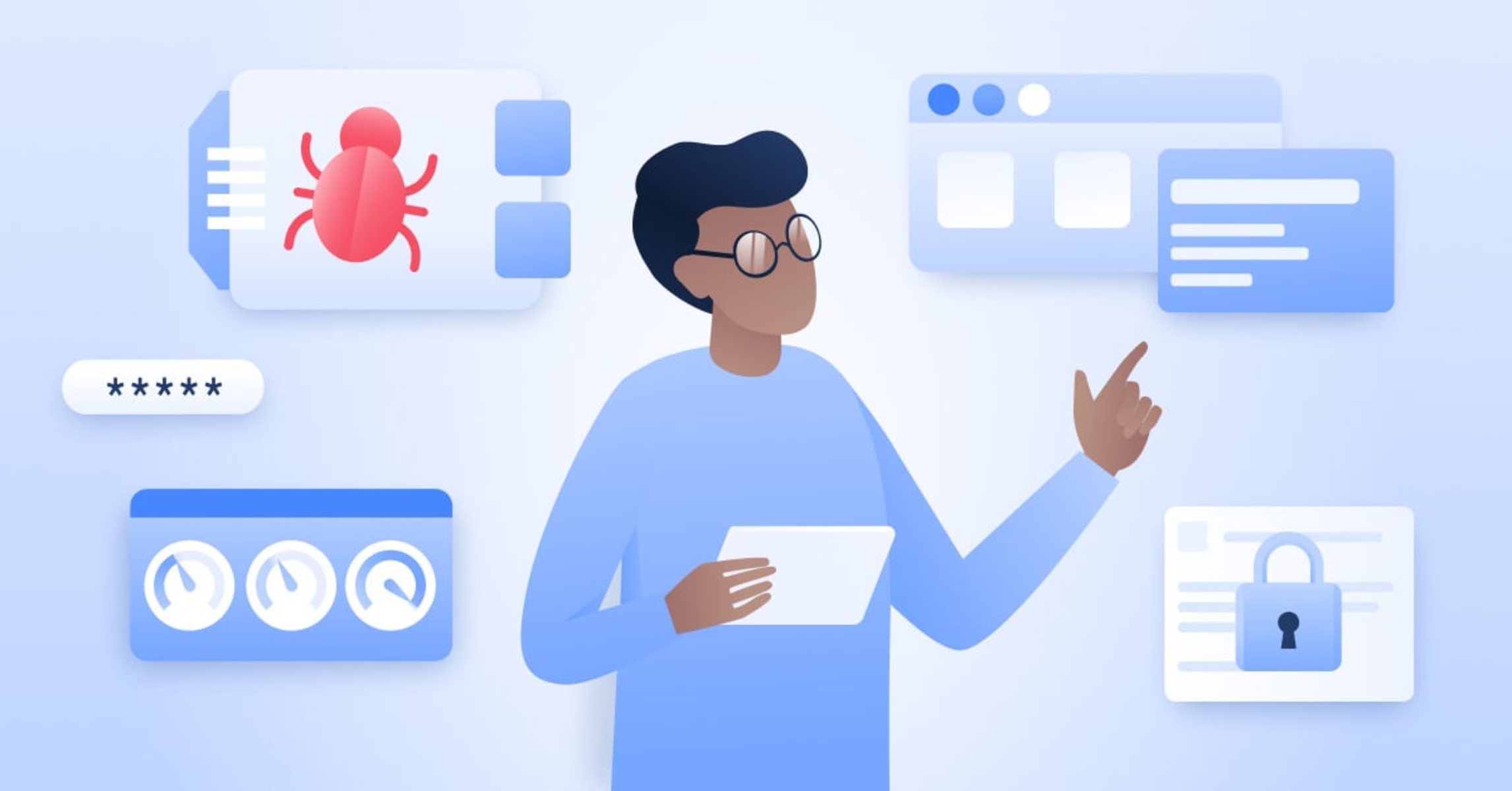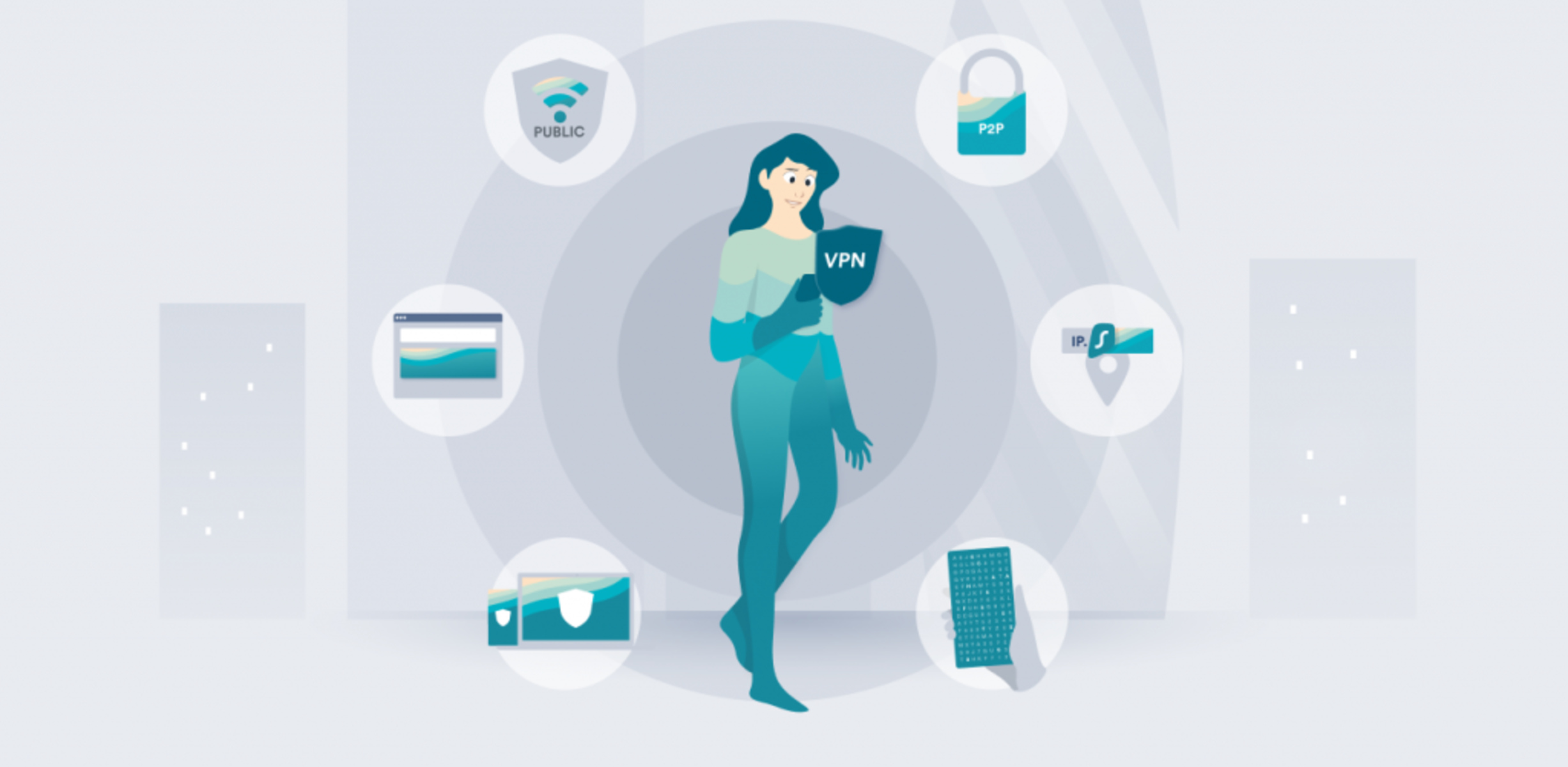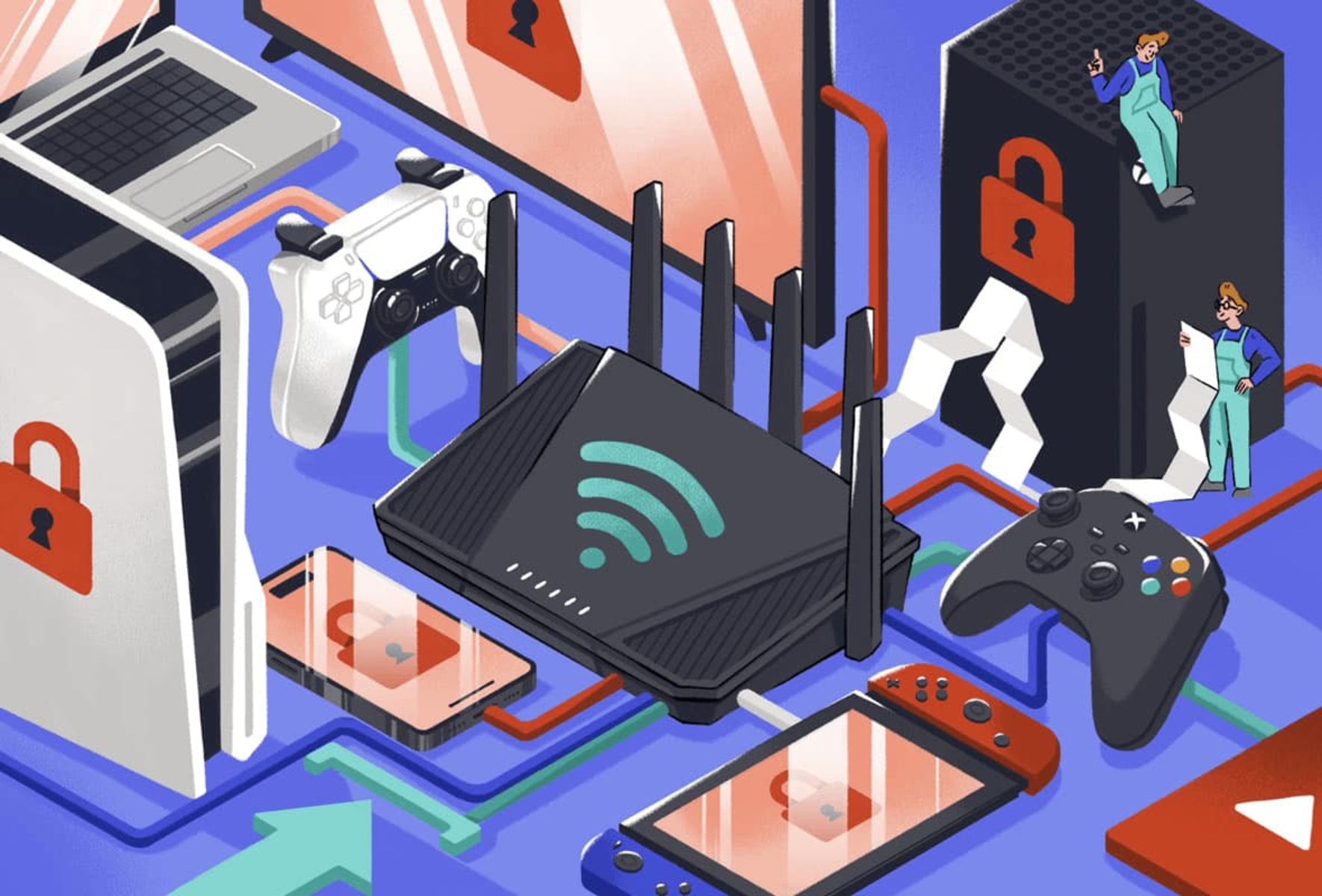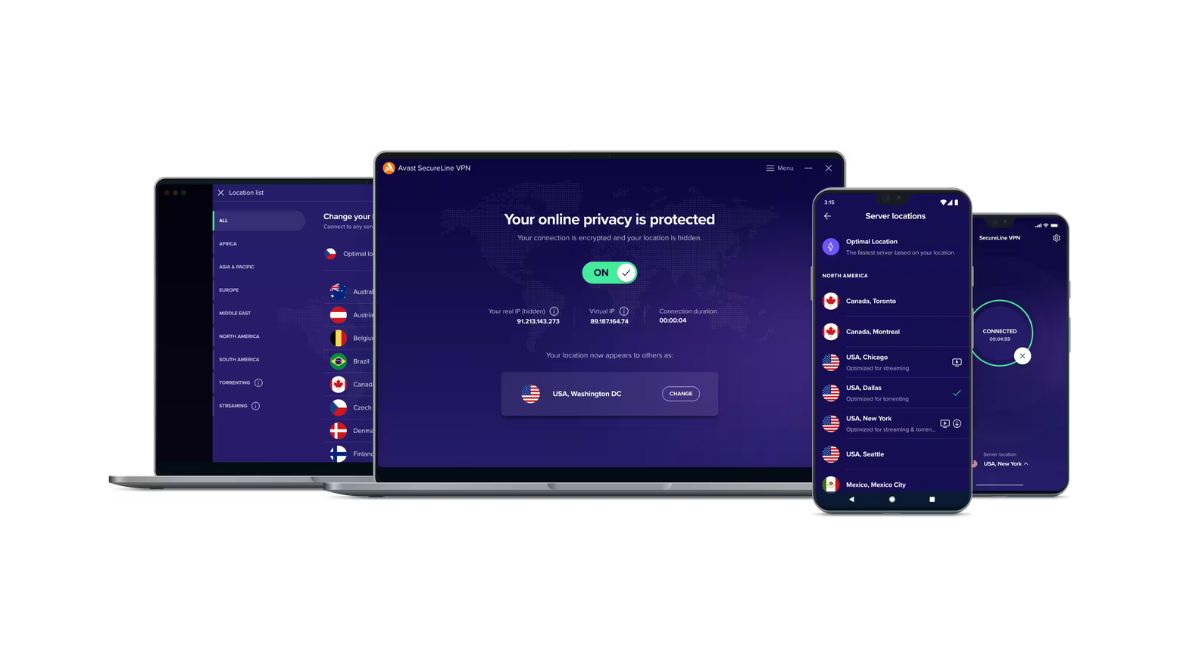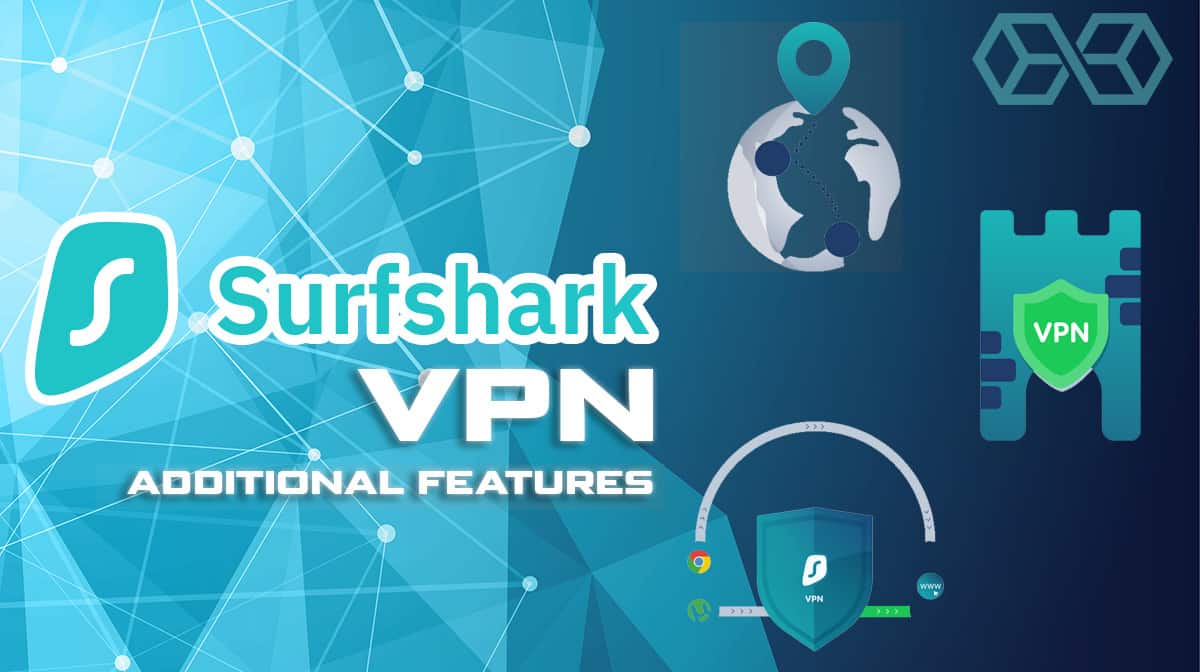Introduction
A Virtual Private Network, commonly known as a VPN, has become an increasingly popular tool for internet users who value their online privacy and security. As online threats continue to evolve, it has become crucial to safeguard our sensitive data from prying eyes. A VPN offers a solution to this problem by creating a secure and private connection between the user’s device and the internet.
With the proliferation of internet usage and the advancements in technology, our personal information is constantly at risk. Hackers and data thieves are always looking for opportunities to intercept our data and exploit it for malicious purposes. This is where a VPN comes in. By utilizing encryption and tunneling technology, a VPN creates a secure connection, effectively shielding your online activities from prying eyes.
But how exactly does a VPN work? It operates on the principle of routing your internet traffic through a remote server that encrypts and masks your IP address, making it virtually impossible for anyone to track your online activities back to you. The encrypted data is then transmitted through an encrypted tunnel, ensuring that it cannot be intercepted or deciphered by hackers or government agencies.
The primary function of a VPN is to provide privacy and security to its users while they browse the internet or access online services. With a VPN, you can browse the web anonymously, access geo-restricted content, and protect your sensitive data from being intercepted.
In this article, we will explore how VPNs work in more detail, including the encryption and tunneling process, IP masking, and the significant privacy and security benefits they offer. We will also discuss different types of VPN protocols, how to choose the right VPN provider, and common misconceptions surrounding VPN usage.
Overall, this article aims to provide you with a comprehensive understanding of VPNs, helping you make informed decisions when it comes to protecting your online privacy and security.
What is a VPN?
A Virtual Private Network (VPN) is an essential tool for individuals and organizations who want to establish a secure and private connection to the internet. It creates a virtual encrypted tunnel that allows users to access the internet while masking their IP address and encrypting their data.
Simply put, a VPN acts as a mediator between your device and the websites or online services you interact with. It reroutes your internet traffic through a remote server operated by the VPN provider. This server assigns you a new IP address, which effectively masks your true location and identity. As a result, your online activities become anonymous and untraceable.
One key benefit of using a VPN is the ability to bypass geo-restrictions. Many websites and streaming platforms impose geographic limitations, preventing users from accessing certain content based on their location. A VPN allows you to circumvent these restrictions by connecting to a server in a different location, thereby granting you unrestricted access to the internet and enabling you to browse and stream content as if you were physically present in that location.
Moreover, a VPN offers a layer of encryption to protect your sensitive data from being intercepted by hackers or malicious entities. When you connect to a website or service using a VPN, your data is encrypted before being transmitted through the secure tunnel. This encryption makes it incredibly difficult for anyone to decipher and access your information, ensuring that your online communications and transactions remain private and secure.
Another advantage of using a VPN is the added security it provides when connecting to public Wi-Fi networks. Public Wi-Fi hotspots are notoriously vulnerable to security breaches, as they often lack adequate encryption and can be easily intercepted by cybercriminals. By connecting to a VPN, your data is protected, even when using unsecured Wi-Fi networks, reducing the risk of falling victim to data theft or other online attacks.
Overall, a VPN is an indispensable tool for anyone seeking to enhance their online privacy and security. It offers an effective solution to counter the increasing risks associated with internet usage, allowing users to browse the web anonymously, access geo-restricted content, and protect their sensitive data from prying eyes.
How does a VPN work?
To understand how a VPN works, it’s essential to grasp the idea of encryption and tunneling. When you connect to a VPN, your internet traffic is encrypted and securely transmitted through a tunnel, ensuring that your data remains private and inaccessible to unauthorized individuals.
When you initiate a connection to a VPN server, your device establishes a secure encrypted tunnel between itself and the server. This encryption process encodes your data, making it unreadable to anyone trying to intercept it. The level of encryption used by a VPN varies but typically employs robust cryptographic algorithms that are virtually impossible to crack.
Once the secure tunnel is established, your internet traffic is routed through the VPN server before reaching its final destination. This process effectively masks your IP address, replacing it with the IP address of the VPN server you are connected to. As a result, your true identity and location are hidden, making it difficult for websites, online services, or anyone monitoring your internet activities to track you.
By rerouting your internet traffic through a remote server, a VPN also allows you to bypass censorship and access geo-restricted content. For example, if a streaming platform restricts its content based on geographic location, you can connect to a VPN server in a country where the content is available, and the platform will perceive you as accessing it from that location.
Furthermore, a VPN strengthens your security when using public Wi-Fi networks. These networks are often unencrypted, making it easy for cybercriminals to intercept your data. However, by connecting to a VPN, all your internet traffic is encrypted, ensuring that your sensitive information remains secure even on unsecured networks.
It’s worth noting that choosing the right VPN protocol is crucial for ensuring the security and performance of your connection. Different VPN protocols employ different encryption algorithms and authentication methods. Common VPN protocols include OpenVPN, IPSec, L2TP/IPSec, and PPTP. Each protocol has its own strengths and weaknesses, so it’s important to select one that aligns with your specific needs.
In summary, a VPN works by encrypting your internet traffic and routing it through a secure tunnel, effectively masking your IP address and protecting your data from being intercepted. It provides a layer of privacy, security, and access to geo-restricted content, ensuring that you can browse the internet safely, anonymously, and without restrictions.
Encryption and Tunneling
Encryption and tunneling are two fundamental components of how a VPN operates to ensure the privacy and security of your internet connection.
Encryption is the process of encoding your data to protect it from being accessed or understood by unauthorized individuals. When you connect to a VPN, your device establishes an encrypted connection with the VPN server. This means that all your internet traffic is first encrypted by your device before being transmitted through the VPN tunnel.
The encryption process uses complex algorithms that convert your data into an unreadable format. This ensures that even if someone manages to intercept your data, they won’t be able to decipher it without the encryption key. The strength of the encryption depends on the VPN protocol and settings you choose, with higher levels of encryption providing greater security but potentially impacting connection speed.
Tunneling, on the other hand, refers to the secure route that your encrypted data takes as it travels from your device to the VPN server. This tunnel prevents anyone from monitoring or intercepting your internet traffic. The data sent through the tunnel is encapsulated within additional layers of encryption to ensure its integrity and prevent unauthorized access.
The VPN tunnel is created by establishing a secure connection between your device and the VPN server. This connection is often facilitated by VPN protocols such as OpenVPN, IPSec, or L2TP/IPSec. These protocols define the rules and procedures for establishing the tunnel, including encryption algorithms and authentication methods.
Once the tunnel is established, all your internet traffic is routed through the VPN server before reaching its final destination. This means that any websites, online services, or individuals monitoring your internet activities will only see the VPN server’s IP address, not your actual IP address.
This process effectively masks your identity and location, providing you with anonymity and protecting your privacy. It also ensures that your sensitive data, such as login credentials, credit card information, and personal communications, is shielded from potential threats on the internet.
Overall, encryption and tunneling play a vital role in the operation of a VPN. By encrypting your data and routing it through a secure tunnel, a VPN protects your privacy, secures your online communications, and allows you to browse the internet safely and anonymously.
IP Masking and Anonymous Browsing
One of the key features of a VPN is its ability to mask your IP address and enable anonymous browsing. Your IP address is a unique identifier assigned to your device when it connects to the internet, revealing your location and identity. However, when you connect to a VPN, your true IP address is replaced with the IP address of the server you are connected to, effectively concealing your identity.
By masking your IP address, a VPN provides you with a layer of anonymity while browsing the internet. Websites and online services that you visit will only see the IP address of the VPN server, making it difficult for them to track your online activities back to you.
This feature is particularly useful when it comes to maintaining your privacy. It prevents advertisers, cybercriminals, and even your Internet Service Provider (ISP) from monitoring your online behavior, tracking your browsing habits, or collecting your personal data without your consent. This increased privacy empowers you to take control of your online presence and protect your digital identity.
In addition to IP masking, a VPN also enables anonymous browsing by encrypting your internet traffic. As your data passes through the encrypted tunnel established by the VPN, it becomes virtually impossible for anyone to intercept or decrypt it. This encryption helps safeguard your sensitive information, such as login credentials, financial details, and personal messages, from being intercepted by hackers or other malicious individuals.
When combined with IP masking, anonymous browsing ensures that your online activities remain private and secure. This is particularly important when using public Wi-Fi networks, which are known to be vulnerable to attacks. By connecting to a VPN, you can browse the internet with peace of mind, knowing that your data is protected and your online identity is concealed.
Moreover, anonymous browsing offered by a VPN allows you to bypass censorship and access websites or services that may be blocked or restricted in your country. For individuals living in countries with strict internet regulations, a VPN becomes an essential tool to freely access information and express their thoughts without fear of reprisal.
With the ability to mask your IP address and provide anonymous browsing, a VPN offers you the freedom to explore the internet without the fear of being tracked, monitored, or constrained by geographic limitations. It empowers you to maintain control over your online privacy, protect your sensitive data, and exercise your right to access information freely.
Privacy and Security Benefits of Using a VPN
Using a Virtual Private Network (VPN) offers numerous privacy and security benefits that can greatly enhance your online experience. Whether you are browsing the web, accessing sensitive information, or communicating online, a VPN can provide you with added protection and peace of mind.
One of the primary benefits of using a VPN is the ability to maintain your privacy. By encrypting your internet traffic and masking your IP address, a VPN ensures that your online activities cannot be traced back to you. This means that your browsing history, online transactions, and personal communications remain confidential, protecting your sensitive information from being exploited or intercepted.
In addition to privacy, a VPN offers enhanced security for your data and online communications. The encrypted tunnel created by the VPN ensures that your data is protected from hackers, cybercriminals, or other malicious entities who may attempt to intercept or eavesdrop on your internet traffic. This is particularly important when using public Wi-Fi networks, which are often unsecured and vulnerable to security breaches.
A VPN also helps to safeguard your identity and personal information. By masking your IP address, a VPN prevents websites and online services from accurately identifying and tracking you. This protects you from targeted advertising, online profiling, and potential data breaches that can occur when your information is stored by various online platforms.
Furthermore, a VPN can bypass geographical restrictions and censorship imposed by certain governments or organizations. By connecting to a VPN server in a different country, you can access content, websites, and services that may be blocked or restricted in your location. This provides you with the freedom to access information and express your opinions without fear of censorship or repercussion.
Using a VPN can also be beneficial for individuals and businesses seeking to protect their intellectual property. By encrypting your data and preventing unauthorized access, a VPN ensures that valuable and confidential information remains secure, reducing the risk of theft or data breaches.
Lastly, a VPN can offer protection against Distributed Denial of Service (DDoS) attacks. When connected to a VPN, your internet traffic is routed through the VPN server, which can help mitigate and absorb DDoS attacks launched against your IP address. This can prevent interruptions in your online activities and ensure the availability of crucial online services.
In summary, using a VPN provides several privacy and security benefits. It safeguards your online privacy, protects your data from interception, bypasses censorship, and enhances the security of your internet connection. By utilizing a VPN, you can browse the internet with confidence, knowing that your online activities are protected and your sensitive information remains secure.
Types of VPN Protocols
Virtual Private Networks (VPNs) utilize various protocols to establish secure connections and ensure the privacy and security of your internet traffic. Different VPN protocols employ different encryption algorithms, authentication methods, and levels of security. Understanding the different types of VPN protocols can help you choose the one that best suits your needs.
1. OpenVPN: OpenVPN is one of the most popular and widely used VPN protocols. It is known for its strong security and flexibility. OpenVPN is highly configurable and supports various encryption algorithms, making it suitable for both desktop and mobile devices.
2. Internet Protocol Security (IPSec): IPSec is a suite of protocols used to secure internet communications. It establishes secure connections by encrypting and authenticating IP packets. IPSec can be used in two modes: Transport mode and Tunnel mode. It is often used in conjunction with other protocols like L2TP.
3. Layer 2 Tunneling Protocol (L2TP): L2TP is a protocol that provides a secure tunnel for transmitting data over the internet. It does not provide encryption on its own but is commonly combined with IPSec to ensure data confidentiality and integrity. L2TP is widely supported by operating systems and devices.
4. Point-to-Point Tunneling Protocol (PPTP): PPTP is one of the oldest and most widely supported VPN protocols. It is relatively easy to set up and provides good speed, but it is considered less secure compared to other protocols. PPTP is commonly used for basic browsing and is not recommended for transmitting sensitive data.
5. Secure Socket Tunneling Protocol (SSTP): SSTP is a VPN protocol developed by Microsoft. It uses the HTTPS protocol to establish a secure connection between the client and the server. SSTP is secure and is usually supported on Windows-based systems.
6. WireGuard: WireGuard is a relatively new VPN protocol known for its simplicity and high-performance. It aims to be faster and more efficient than traditional protocols while maintaining strong security. WireGuard has gained popularity due to its ease of use and effectiveness.
When choosing a VPN protocol, consider your specific requirements, such as the level of security, compatibility with your devices, and speed. OpenVPN is generally considered the most secure and versatile protocol, while WireGuard offers a lightweight alternative with excellent performance. However, compatibility and support for different protocols can vary depending on the VPN service provider and the devices you plan to use.
It’s important to note that the effectiveness of a VPN protocol also depends on other factors, such as the strength of encryption used, the overall security practices of the VPN provider, and the configuration settings. Therefore, it is recommended to choose a reputable VPN provider that employs strong security measures and continuously updates their protocols to ensure the highest level of privacy and security.
Choosing the Right VPN Provider
With numerous VPN providers available in the market, selecting the right one can be a challenging task. However, making an informed choice is crucial to ensure the privacy, security, and overall quality of your VPN experience. Here are some factors to consider when choosing a VPN provider:
1. Privacy Policy: Review the VPN provider’s privacy policy to understand how they handle and protect your data. Look for providers that have a strict no-logs policy, meaning they do not store any information about your online activities.
2. Security Features: Assess the security features offered by the VPN provider. They should utilize strong encryption, such as AES-256, to protect your data. Look for additional security features like kill switch, multi-factor authentication, and DNS leak protection.
3. Server Network: Consider the size and location of the VPN provider’s server network. A larger server network allows for more flexibility in accessing geo-restricted content and can lead to faster speeds. It’s also beneficial to choose a provider with servers in countries you frequently connect to.
4. Connection Speed: Test the connection speeds offered by the VPN provider. Look for providers that offer fast and stable connections to ensure a seamless browsing and streaming experience.
5. Device Compatibility: Ensure that the VPN provider supports the devices and operating systems you plan to use. Look for providers that offer dedicated apps for various platforms, including desktop computers, mobile devices, and routers.
6. Customer Support: Evaluate the customer support options provided by the VPN provider. Look for providers that offer responsive and knowledgeable customer support through various channels like live chat, email, or phone.
7. Price and Plans: Consider your budget and compare the pricing plans offered by different VPN providers. Look for providers that offer flexible plans with reasonable pricing, and consider any additional features or benefits included in the subscription.
8. User Reviews: Read user reviews and feedback from reputable sources to gain insights into the experiences of other VPN users. This can help you gauge the reliability, performance, and overall reputation of the provider.
9. Free Trials and Money-Back Guarantees: Look for VPN providers that offer free trials or money-back guarantees. This allows you to test the service before committing to a long-term subscription and ensure it meets your expectations.
Remember, choosing a VPN provider is an investment in your online privacy and security. Take the time to research and compare different providers, considering your specific needs and priorities. By selecting a trustworthy and reliable VPN provider, you can enjoy a secure and private internet experience.
Setting up and Using a VPN
Setting up and using a Virtual Private Network (VPN) is a straightforward process that allows you to enjoy a secure and private internet connection. Here are the general steps to set up and use a VPN:
1. Choose a VPN Provider: Select a reputable VPN provider that aligns with your privacy and security needs. Consider factors such as the provider’s location, server network, security features, and user reviews.
2. Subscribe and Download the App: Sign up for a subscription plan with your chosen VPN provider and download the appropriate app for your device or operating system. Most VPN providers offer dedicated apps for desktop computers, mobile devices, and routers.
3. Install and Launch the App: Install the VPN app on your device and launch it. Follow any on-screen instructions for installation and initial setup.
4. Log in and Select a Server: Log in to the VPN app using your credentials provided by the VPN provider. Once logged in, choose a server from the list provided. You can typically select a server based on location or specific features, such as optimized for streaming or torrenting.
5. Connect to the VPN: Click on the ‘Connect’ or ‘On’ button within the VPN app to establish a secure connection to the selected server. You may need to grant necessary permissions or enter your device password, depending on your operating system.
6. Verify the Connection: Once connected, verify that your VPN connection is active. Most VPN apps display a status indicating whether you are connected and the server you are connected to.
7. Start Browsing: With the VPN connection established, you can now start browsing the internet, accessing websites, and using online services with the added privacy and security provided by the VPN. Your internet traffic is routed through the encrypted tunnel to the VPN server, ensuring your data remains secure.
8. Disconnect and Reconnect: When you no longer need the VPN connection, you can disconnect from the server by clicking on the ‘Disconnect’ or ‘Off’ button within the VPN app. You can reconnect to the VPN in the future by launching the app and connecting to the desired server.
It’s important to note that some devices or routers may require manual configuration to connect to a VPN. In such cases, you will typically need to input specific VPN settings provided by the provider, including server addresses and connection protocols.
Remember to keep your VPN app and operating system up to date to ensure the latest security patches and improvements are implemented. You can also explore additional features offered by the VPN app, such as split tunneling, which allows you to choose which applications or services use the VPN connection.
By following these steps, you can easily set up and use a VPN to enjoy a secure and private internet experience, protecting your online activities and sensitive data from prying eyes.
Common VPN Misconceptions
Virtual Private Networks (VPNs) have gained popularity in recent years, but there are still some misconceptions and misunderstandings surrounding their use. It’s important to debunk these misconceptions and gain a clear understanding of what a VPN can and cannot do. Here are some common VPN misconceptions:
1. A VPN makes you completely anonymous: While a VPN can mask your IP address and encrypt your internet traffic, it does not provide complete anonymity. Your VPN provider may still have access to some of your data, and websites or online services you visit can track your activities in other ways, such as using cookies or other tracking technologies.
2. A VPN makes you immune to all online threats: While a VPN enhances your security by encrypting your data, it does not protect you from all online threats. It cannot prevent malware infections, phishing attacks, or other forms of cyber threats. It’s important to use additional security measures, such as antivirus software and practicing safe browsing habits, in conjunction with a VPN.
3. A free VPN is just as effective as a paid one: Free VPN services often come with limitations, such as data caps, slower speeds, and fewer server options. Additionally, some free VPN providers may collect and sell your data for advertising purposes. Paid VPNs generally offer better security, faster speeds, and more reliable service, making them a safer and more effective choice.
4. A VPN enables illegal activities: While a VPN can provide privacy and security, it does not condone or facilitate illegal activities. Engaging in illegal activities while using a VPN can still be traced back to you through other means, such as your online behavior or digital footprint. It’s always important to use the internet responsibly and within the boundaries of the law.
5. A VPN slows down your internet speed: While using a VPN may slightly decrease your internet speed due to the encryption and routing processes, a good VPN provider will have minimal impact on your connection speed. In fact, a VPN can sometimes improve your speed by bypassing ISP throttling or accessing servers in locations with better bandwidth.
6. A VPN protects you from all data breaches: While a VPN can protect the privacy and security of your internet traffic, it cannot prevent data breaches that occur on the websites or online services you use. If a website or service you are accessing experiences a data breach, your personal information may still be compromised.
It’s important to understand the capabilities and limitations of a VPN to have realistic expectations of its functionality. A VPN is a valuable tool for enhancing your online privacy and security, but it should be used in combination with other security practices to maintain a comprehensive defense against online threats.
Conclusion
Virtual Private Networks (VPNs) play a vital role in safeguarding our online activities, protecting our privacy, and enhancing our security in an increasingly connected world. By encrypting our internet traffic, masking our IP addresses, and providing anonymous browsing, VPNs offer a level of privacy and security that allows us to browse the web with confidence.
Through encryption and tunneling, VPNs create a secure connection between our devices and the internet, ensuring that our data remains private and inaccessible to unauthorized individuals. They enable us to bypass geo-restrictions, access blocked content, and protect our sensitive information from potential threats.
When choosing a VPN provider, it is crucial to consider factors such as privacy policies, security features, server network, and device compatibility. By selecting a reputable and reliable VPN provider, we can enjoy a safe and reliable internet experience.
While there are misconceptions surrounding VPN usage, understanding their capabilities and limitations is essential. VPNs provide an added layer of security and privacy, but they do not make us completely anonymous, nor do they protect us from all online threats. It is important to utilize additional security measures and follow safe browsing practices to stay protected.
In conclusion, VPNs are powerful tools that allow us to take control of our online privacy and security. They safeguard our data, provide anonymity, and grant us the freedom to access the internet without restrictions. By using a VPN responsibly and in conjunction with other security practices, we can enjoy a safer and more secure online experience.







